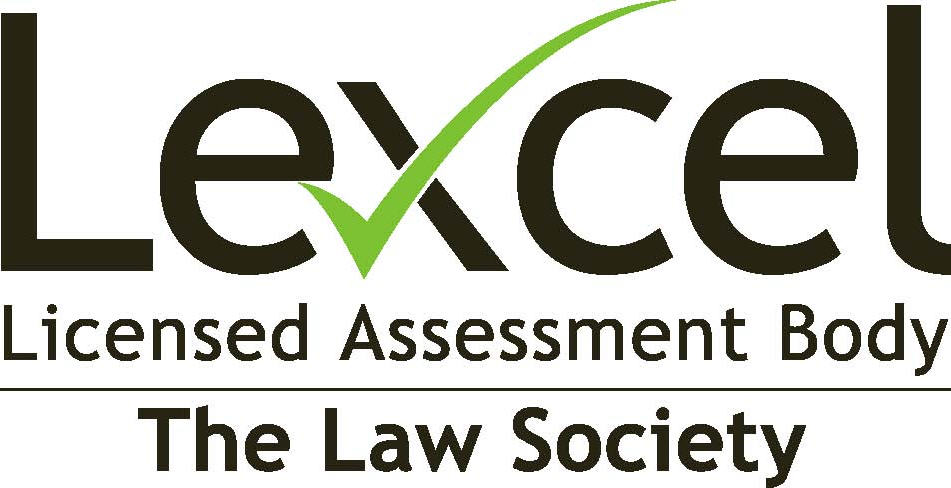Customer Service Excellence Accreditation
We are delighted to announce that after a rigorous initial assessment, we have been recommended to be awarded Customer Service Excellence (CSE) accreditation.
CSE is a nationally recognised quality award that seeks to reward organisations that have a truly customer-focused commitment to all they do while providing a positive steer for customer centred change. Certification to the CSE standard is based on meeting 5 key standards that are sub divided into 57 elements.
The 5 standards cover Customer Insight; Organisational culture; Information and access; Delivery, timeliness and quality of service. Our assessment included a comprehensive review of documents to demonstrate compliance against each element of the standard and interviews with clients and staff, to establish whether or not we met the requirements of CSE.
Our assessor commented that Adams Harrison
“is clearly an organisation that understands the critical importance and the role that customer service plays……” and that “the practice has a deeply embedded culture of wanting to provide excellent levels of service/client care”
It was also noted that we have carried out work leading to ongoing improvements to client care, which are being owned by staff because of their involvement in developing them.
The assessor further commented that at Adams Harrison,
“clients are at the heart of everything they do”
The result reflects the commitment, loyalty and hard work of all of our staff in very challenging times throughout the pandemic. It is their dedication and determination that has enabled us to remain competitive and continue to offer a high level of service to our expanding client base.
We look forward to meeting and indeed exceeding the expectations of our clients and contacts, through continuing to offer a high quality service in the communities we serve.


